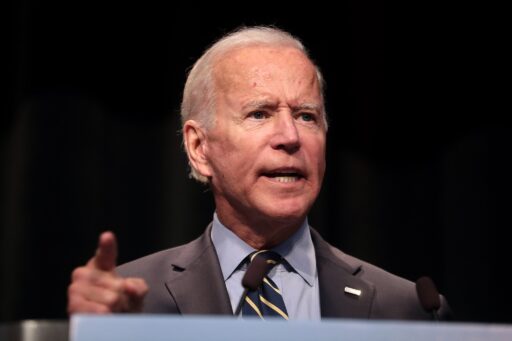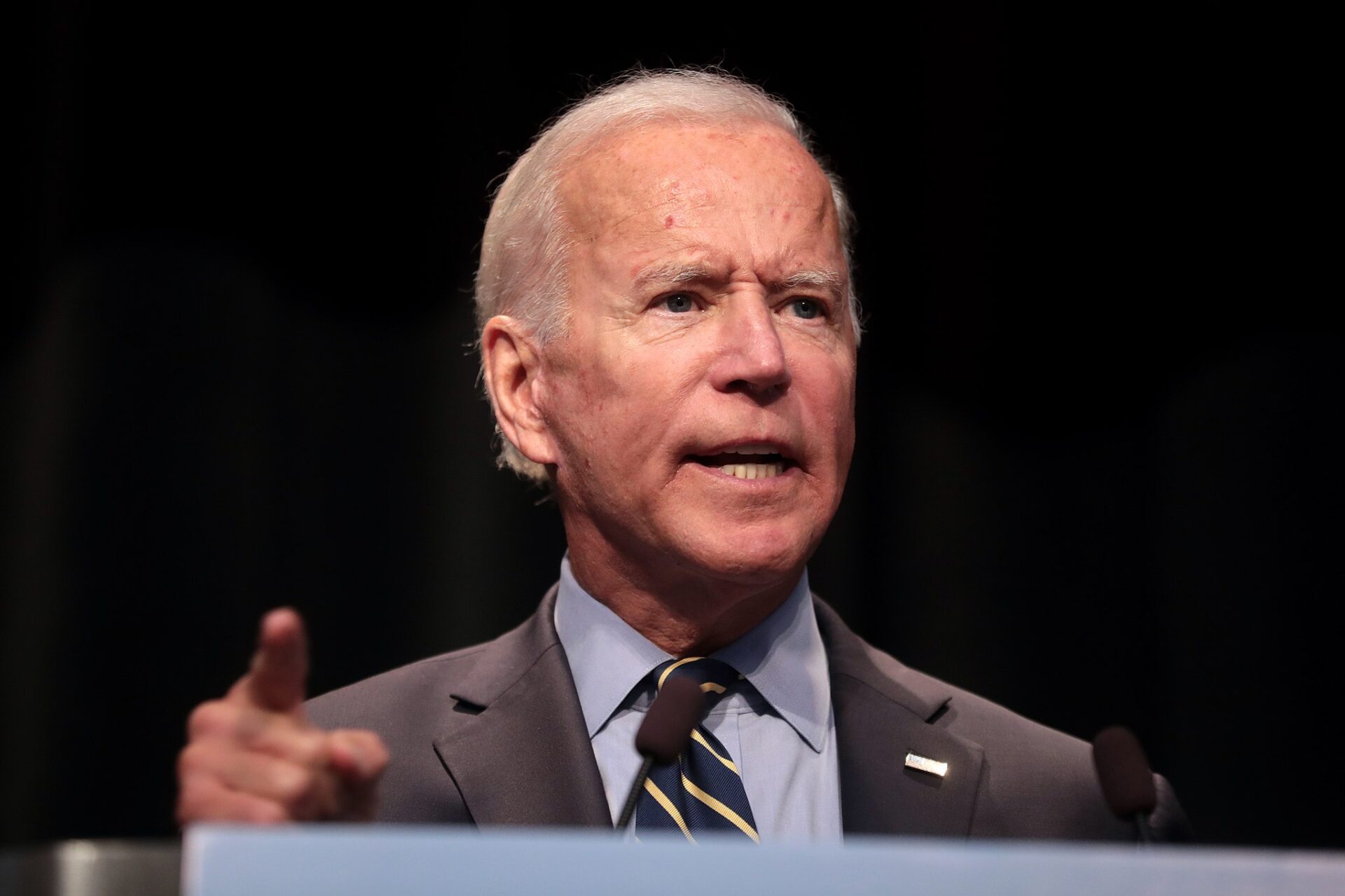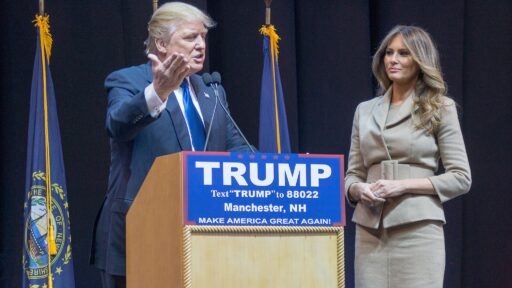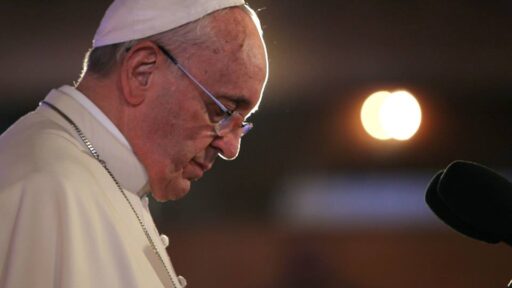This is not a good look.
In a recent court session, District Judge Ana Reyes, appointed during the Biden administration, raised concerns over what she perceived as a double standard within the Justice Department. The issue stemmed from the department’s decision to prevent attorneys linked to the investigation into the Biden family from testifying before the House Judiciary Committee, contrasting with the punitive actions taken against former Trump advisor Peter Navarro for a similar refusal.
During the hearing on the Judiciary Committee’s lawsuit, Judge Reyes expressed her dismay at the DOJ’s stance, highlighting the imprisonment of Navarro for contempt of Congress after he declined to comply with a congressional subpoena related to the January 6, 2021, Capitol attack. Navarro cited Trump’s invocation of executive privilege as justification for his refusal, a claim rejected by lower courts.
The judge emphasized the inconsistency of the DOJ’s approach, criticizing its reluctance to allow testimony from current executive branch employees while pursuing legal action against individuals like Navarro for the same offense. Reyes pointed out the implications of such actions, suggesting that allowing government employees to disregard subpoenas could set a problematic precedent.
The subpoenas in question were issued to DOJ lawyers Mark Daly and Jack Morgan, who were sought for their firsthand knowledge regarding the Biden family investigation. The House Judiciary Committee sought to investigate potential irregularities in the DOJ’s handling of the case, particularly concerning Hunter Biden’s alleged tax crimes during his tenure at Ukrainian company Burisma.
Reyes also questioned the justification provided by Justice Department attorney James Gilligan, who argued that the decision to defy the subpoenas followed careful consideration at a high level. However, the judge remained unconvinced, pointing out the implications of such actions on the rule of law and the integrity of congressional investigations.
Furthermore, Reyes expressed skepticism towards a Trump-era Office of Legal Counsel opinion that suggested executive branch employees could refuse subpoenas if DOJ lawyers were not allowed to be present. She also expressed astonishment at Gilligan’s hesitation to commit to instructing Daly and Morgan to testify under different circumstances.
The judge’s remarks underscored the broader implications of the DOJ’s actions, emphasizing the importance of upholding the principles of accountability and transparency within the government’s legal proceedings.







